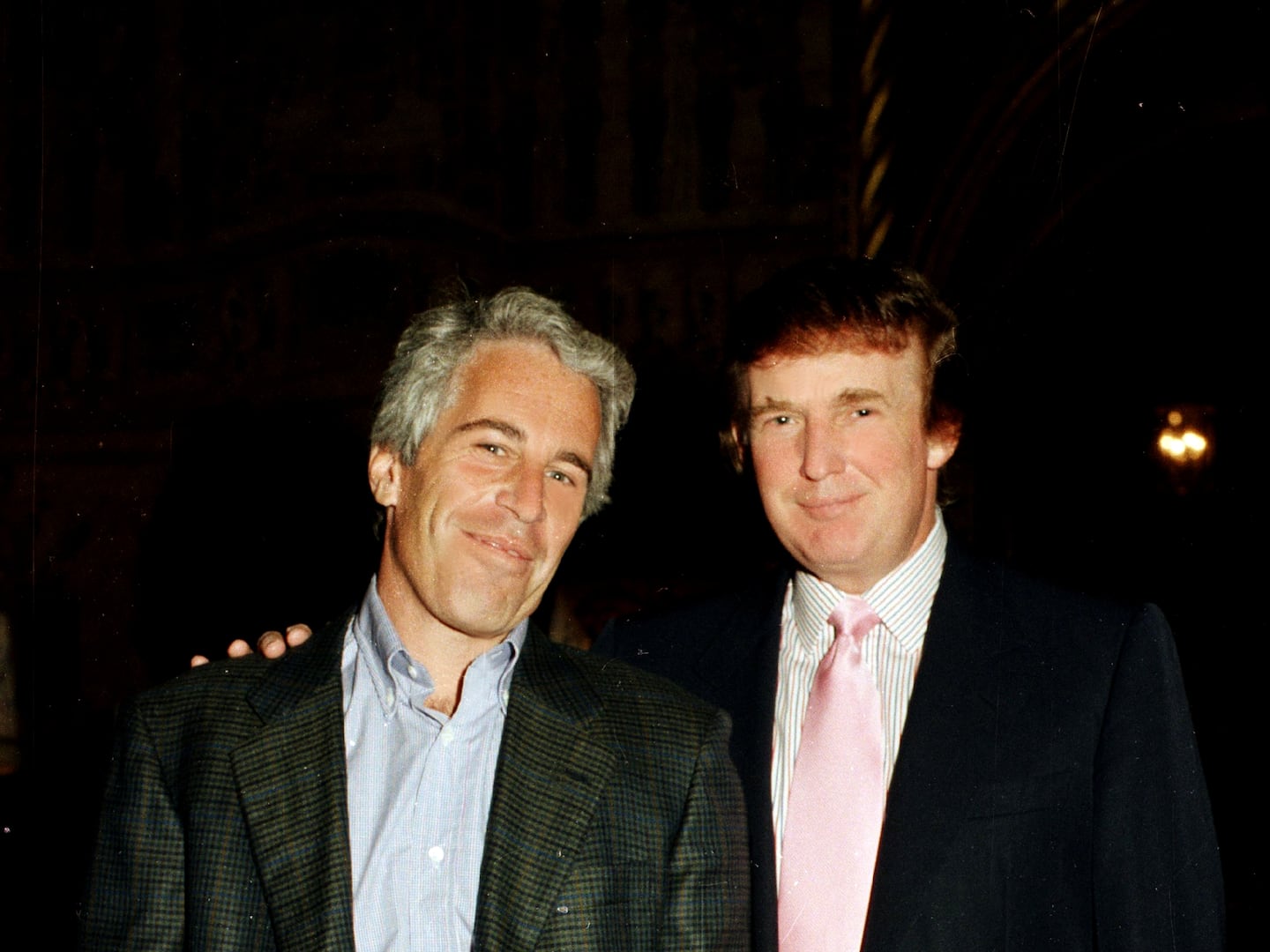There’s a saying in the military, more of a cliché really: The more you sweat in peace, the less you bleed in war. The statement is one over-eager first sergeants or still-green lieutenants use when troops are bitching, say, on the 11th mile of a 15-mile training hike. The idea is that continual training, or learning, is essential to success in combat.
Today is Memorial Day, the 16th since the 9/11 attacks, which led to two major, albeit incomplete wars in Iraq and Afghanistan. Why have these wars gone on so long? Is it because our military has, as of yet, been unable to learn the right lessons and so engineer the correct alchemy of battlefield successes which might defeat our enemies?
I doubt it.
Like Vietnam—our most famous quagmire—we win all the battles but are unable to win the war. Our units deploy, they come home and train, they learn one set of lessons, then another set, but despite all of this “learning” nothing has seemed to work. But what if we’ve been learning the wrong lessons? What if the knowledge needed to end these wars isn’t battlefield knowledge. What if it’s something else? What if the lessons are societal lessons that need to be learned on the home front, by all of us.
One unique aspect of these wars which has been obvious since President George W. Bush infamously told Americans to go shopping as a response to the 9/11 attacks, is that they haven’t been a national effort. Our wars which were a national effort—the Civil War and both world wars, for example—were grueling, disruptive affairs. They placed enormous financial burdens on the country. They required a massive draft. From the moment they began, the nation was breathlessly waiting for them to end. Men sent to the front line. Women sent to the factories. Nationwide rationing. They were large, unsustainable affairs. Could you imagine such a coordinated effort today? What’s more, could you imagine it going on for 16 years?
Our current wars are sustainable by design. We use an all-volunteer military to fight them. We fund them with deficit spending. Their prosecution is minimally intrusive. Most of us don’t care much about Iraq and Afghanistan. Is that because we suffer a surfeit of sympathy for those who bear the burden? No, it’s because no one is really asking us to give something of ourselves. The link between national sacrifice and war-making has become increasingly foreign. It was once essential.
If the war goes on in its current configuration for another five years, or even 10, is it a concern that is more pressing than the quality of your child’s local school? Or your tax rate?
I fought there, and guess what? It isn’t to me.
However, if my child was eligible for the draft, and if my taxes were inching higher because of a pair of wars that, well, we couldn’t quite seem to win (or even explain), I would be asking tough questions of our politicians. I bet we all would. And our political leaders, if they wanted to stretch these wars out to the two-decade mark (as they’re poised to do), they would need to find some more compelling reasons for that choice, more compelling than the “no more 9/11s” rationale which has passed muster for far too long. Now, however, explaining why we’re still fighting these wars has become easier than explaining why we need to end them.
While we Americans pay little attention to the wars in Iraq and Afghanistan, and even less attention to our smaller interventions in Yemen, Syria, Somalia, Niger, and a host of other countries, we run a significant moral hazard on the world stage. Abroad people don’t see us as we see ourselves. Perpetual war has bent and contorted our values. They reflect back at us from foreign shores as if through a funhouse mirror.
America, as well as much of the Western world, balked recently when a Russian spy and his daughter were assassinated in the U.K. through the use of a military-grade nerve agent. Odious as the Russian assassination was, doesn’t it seem a bit difficult for us to take the moral high ground on assassination in light of the fact that we run the largest “targeted killing” program on the planet through our intelligence and special operations communities, of which I am proud to have once been a part.
Is it wrong that we possess such capabilities? Perhaps it is in our national interest year after year to launch hellfire missiles from drones into northwest Pakistan, or to send squads of highly trained special operators to descend on compounds in northern Syrian or Yemen to kill everyone inside. But those programs are never up for debate because they occur beneath a dark veil of classification that, arguably, exists for no greater reason than to keep the programs out of the public eye. When the public ceases to be cognizant of what’s being done abroad in its name, the result is that exported values begin to look more like exported hypocrisy.
Is hypocrisy a risk to our national interests?
The recent debate around the so-called “Muslim ban” comes to mind.
If the wars in Iraq and Afghanistan have been about anything, they have most certainly been about the exportation of our values to those countries. When I fought in both wars, I spent countless hours sipping tea with local powerbrokers in an attempt to get them to side with us as opposed to with groups like the Taliban, the Haqqani Network, or al Qaeda in Iraq. Fundamentally, this was an effort to convince them to put their faith in America. And you know what? Many did.
If you believe, as I do, that what makes America unique is that it’s less a country but more a set of values that we all subscribe to, then the most American people I have ever met were the Iraqis and Afghans I fought alongside, who had never set foot within the 50 states. They had thrown their lot in with us. As was the case with many, they hoped that loyal service to the U.S. in war might eventually translate to a visa and a chance to become Americans themselves.
Our immigration policy has always been restrictive. An Iraqi or Afghan soldier or translator who wanted to immigrate always had the bureaucratic odds stacked against them. Of the hundreds that I knew, I can count fewer than 10 who successfully came to America. However, to shut off immigration programs entirely undermines those who are, ostensibly, fighting for values that are aligned with our own. It destroys hope. It eliminates the dream.
But today is Memorial Day, a day of remembrances and fun. Aside from Thanksgiving it is, perhaps, the most quintessentially American holiday. Most of the dead that I’m thinking of today were guys who loved a good time, guys who wouldn’t begrudge any of us a trip to the ballpark, a steak on the grill, and, of course, a sixer of icy-cold beer on the back porch. You could even pour a sip of that beer on the grass and utter another military cliché: All gave some, some gave all.
So let’s enjoy it. Let’s enjoy Memorial Day. Unless we learn some new lessons, it seems we will be enjoying it this way for a long, long time.






